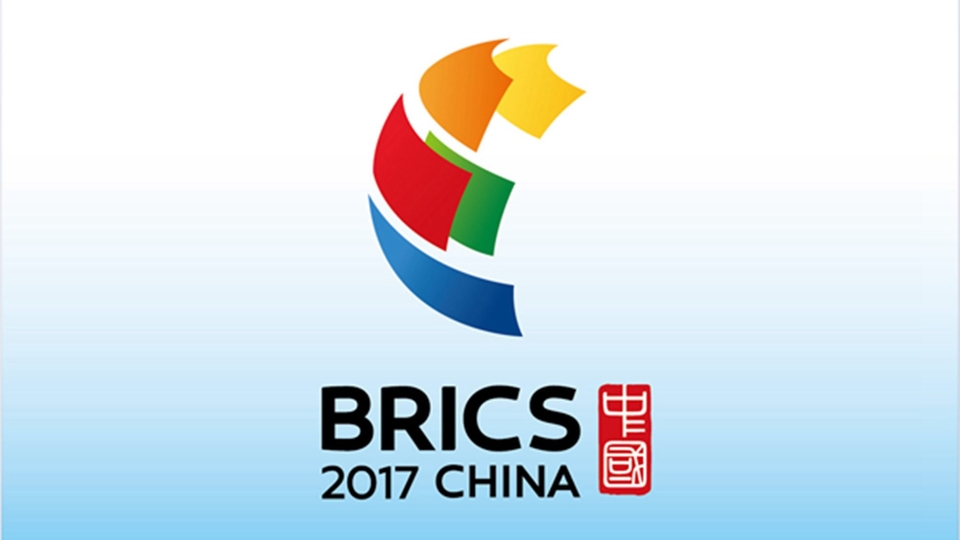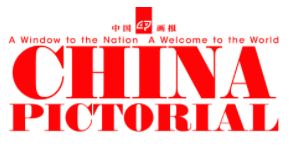http://china-pictorial.com.cn/5q-on-brics-cooperation
Oliver Stuenkel is an Associate Professor of International Relations at the Getulio Vargas Foundation (FGV) in São Paulo. He is also a non-resident Fellow at the Global Public Policy Institute (GPPi) in Berlin. He is a senior expert on BRICS cooperation, emerging countries and South America. In a recent interview with China Pictorial, he expressed views on five questions concerning BRICS cooperation.
China Pictorial: In your opinion, what is the most important achievement made under the BRICS cooperation mechanism in the past ten years?
Professor Stuenkel: The history of the BRICS grouping can be divided into three phases. In the first phase (2001-2007), “BRIC” (then still without South Africa) stood for little more than an investment category invented by Goldman Sachs. The second phase (2008-2014) saw the emergence of BRICS as a political platform, though of largely informal nature. In 2015, the transition to a third phase started, marked by a process of institutionalization and the launch of the New Development Bank and the Contingent Reserve Agreement. This last stage, which strengthens ties in the long term, is the most important achievement.
CP: Compared with other multilateral cooperation mechanisms, what is innovative about the BRICS mechanism?
Stuenkel: Most existing multilateral cooperation mechanisms were created by countries that already work closely together. The BRICS grouping, however, is the first step to connect previously distant countries. In decades past, BRICS countries rarely coordinated actions in multilateral forums such as the United Nations or the International Monetary Fund, but now they regularly discuss their positions before voting. The BRICS grouping has thus helped change South-South relations far more than any previous mechanism.
CP: In which area do you expect the BRICS to make the most breakthroughs in the next ten years?
Stuenkel: From the very beginning, it was obvious that the BRICS countries could never agree on everything—and this was never their goal. Rather, the grouping allows member countries to identify potential areas of cooperation, as was the case in 2009, when they jointly—and successfully—pushed for reforms in the international financial institutions. It also provides a platform that can be used to discuss disagreements, which is equally important. Asia has the world’s lowest institutional density; opportunities such as the BRICS’ NSA meetings are not so frequent as many may assume. Particularly when nationalist fervor ramps up, merely inviting a rival to meet to discuss the matter can be interpreted as a sign of weakness. In such instances, there is nothing better than a long-scheduled meeting that offers a low-cost opportunity to continue talking.
CP: Which challenges facing Brazil can be solved by the BRICS cooperation mechanism?
Stuenkel: Brazil has a lot to gain from being a BRICS member. Aside from learning more about China, the BRICS South America Summit is proof of Brazil’s power and regional leadership ambition, a role it will assume in the long-term.
The BRICS grouping is producing significant benefits for Brazil by creating an important platform for policymakers. In areas such as urban planning, anti-terrorism measures, water management, coordination of policy positions and higher education, the countries face common challenges, but previously had few channels to communicate with each other.
CP: How will the BRICS cooperation mechanism influence and promote the reform of global governance?
Stuenkel: The BRICS bloc did not emerge because China, India and others sought to overthrow the existing order. Quite to the contrary, they are firmly committed to institutions such as the UN. But there is a strong feeling in Beijing, Delhi and Brasília that existing institutions have failed to adapt to the new global context and have remained unwilling to grant emerging actors greater space and power. In this sense, BRICS will help make global governance mechanisms more democratic.
While many observers still regard the BRICS Summit through an unhelpful ‘West vs. rest’ lens, it will become increasingly clear that successful intra-BRICS cooperation should be welcomed because it has a positive impact on global order. To begin with, exploiting the untapped potential for trade between BRICS countries will be key to avoid what Larry Summers calls “secular stagnation” and enhance trade between countries that are not so reluctant to embrace globalization as many Western powers. A yearly summit alone, of course, is not sufficient to address such monumental and long-term challenges. But promoting intra-BRICS cooperation is certainly a step in the right direction.
—
Read also:
China-India border dispute shows why the BRICS grouping matters more than ever










